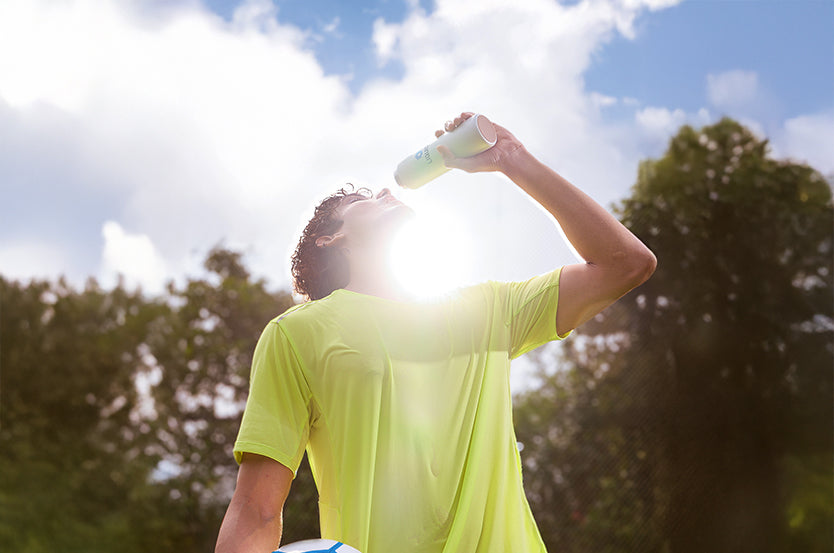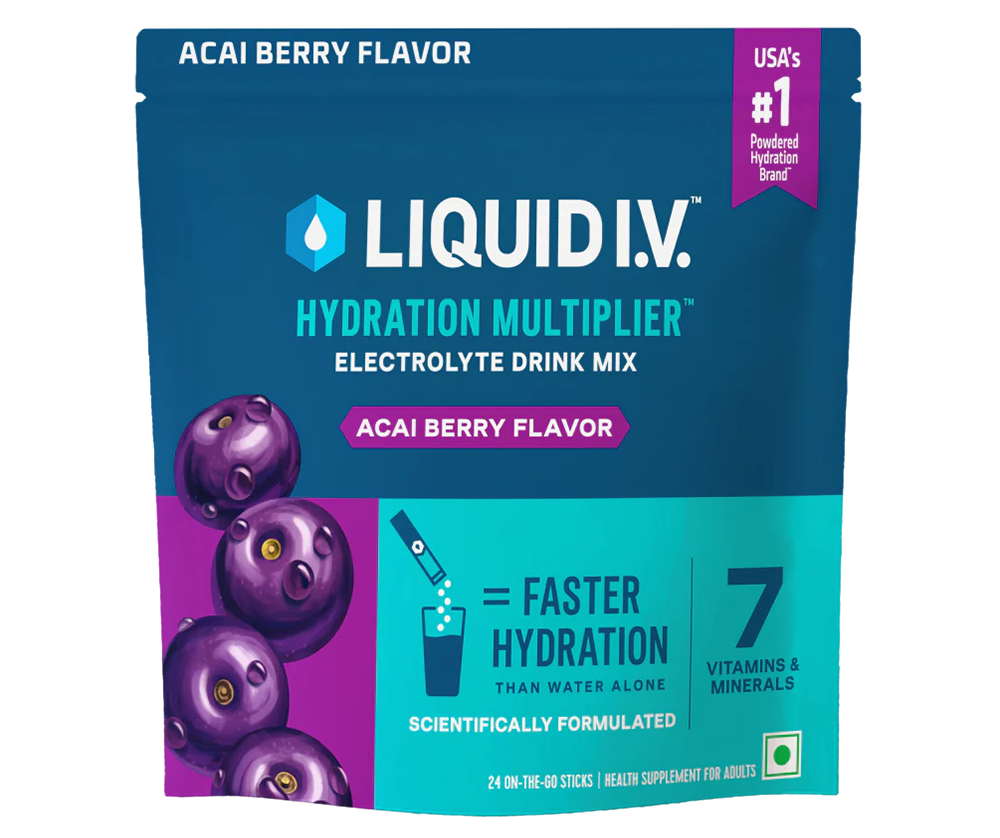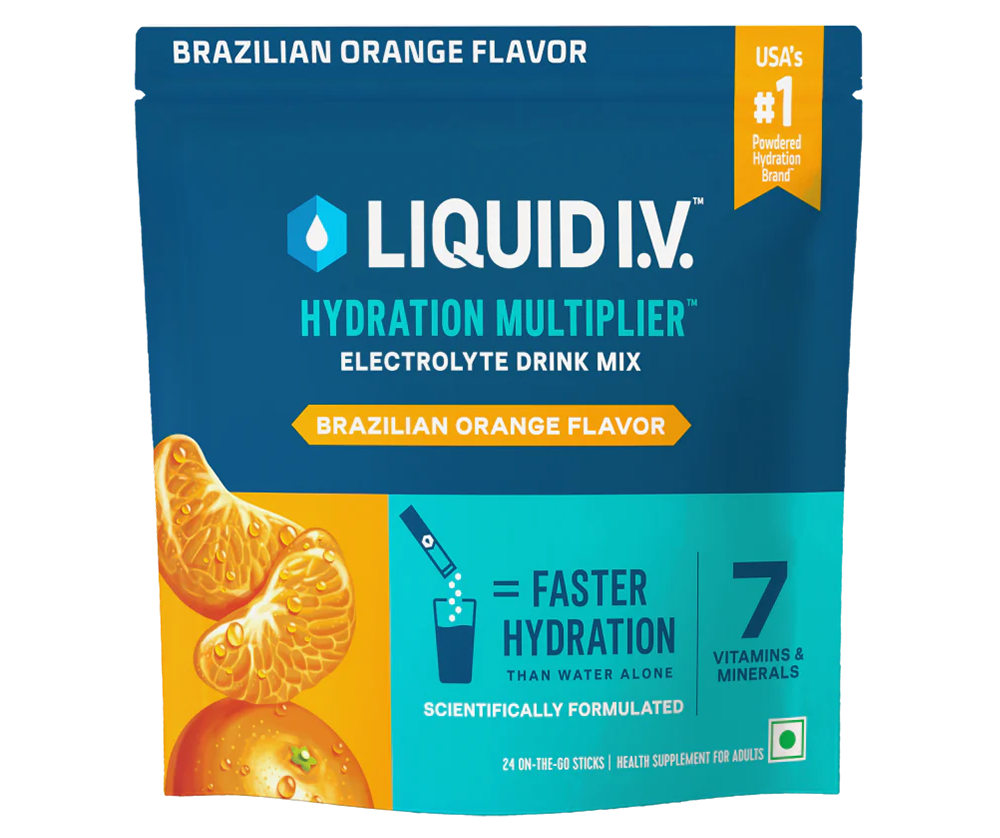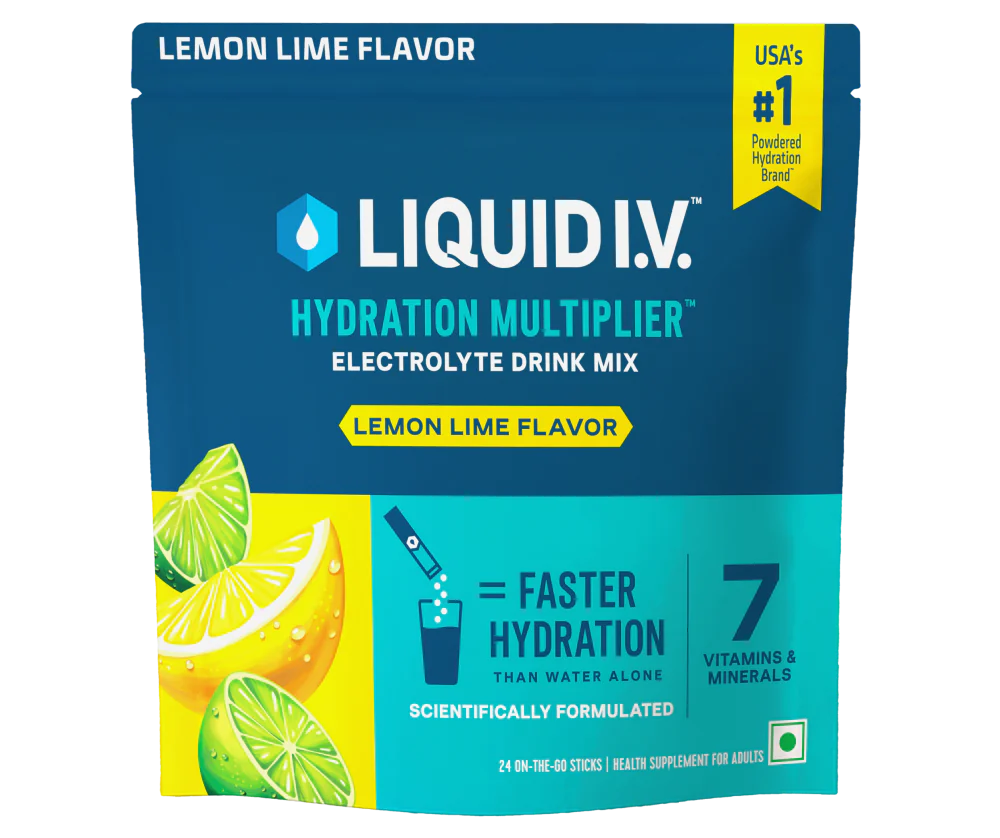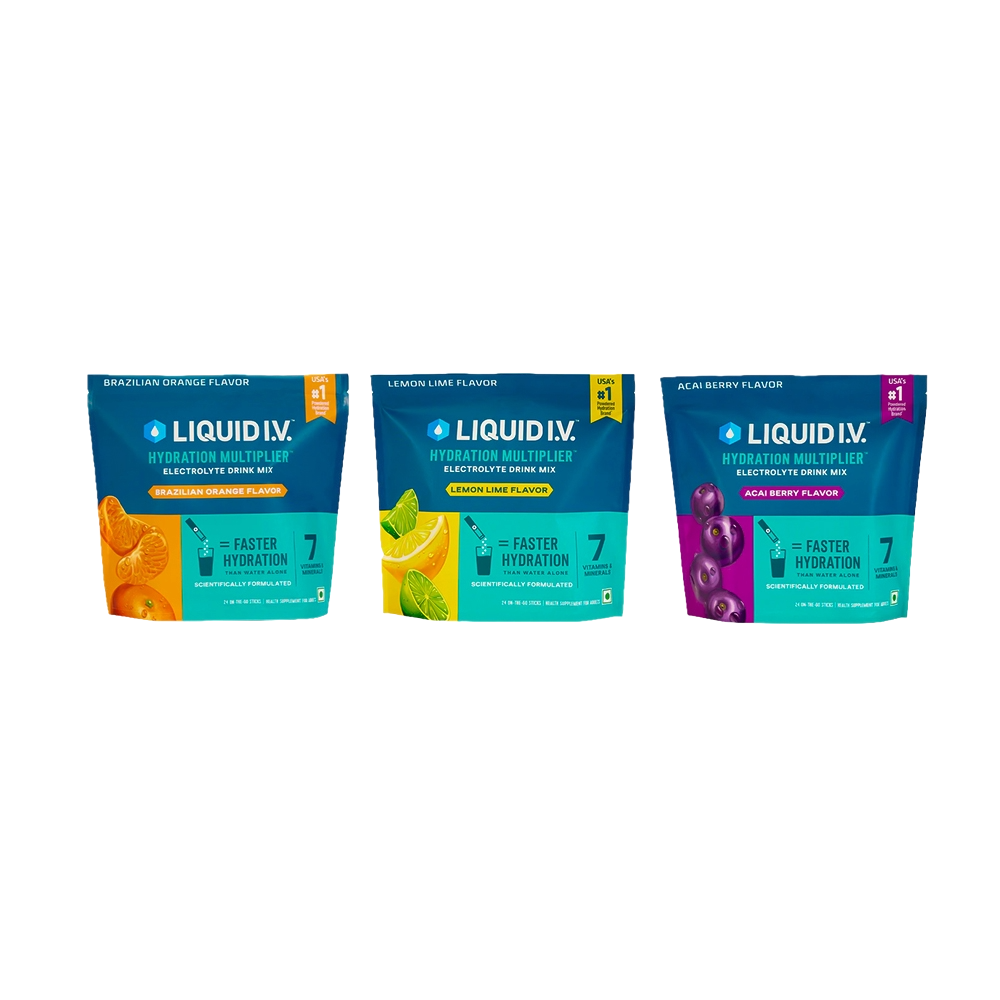Can Dehydration Cause Stomach Pain?
Hey there! Ever felt like a dried-up resin, with a dry throat and a parched mouth and feeling totally wiped out. Yep, that's dehydration for you! (1) But did you know dehydration can mess with your body in sneaky ways? One surprising link is between not drinking enough water and getting stomach pain. But hold up, stomach pain can come from other things too, so if you're feeling uncomfortable, it's smart to check in with a doc.
Now, let's dive into why staying hydrated is a game-changer for your tummy, how a little dehydration can make your tummy hurt, what those pains might feel like, how to spot dehydration early, and some cool tips to stay hydrated and dodge the discomfort.
Understanding the Link Between Dehydration and Stomach Pain
When your body uses up more fluids than you take in, you're left running on empty. Water is like the magic potion for your body, especially for digestion. Without enough of it, your stomach and intestines can throw a fit. Your body tries to save water for the important stuff, like keeping you cool, but that means your digestive system gets the short end of the stick, leading to pain. So, staying hydrated is key!
How Dehydration Affects the Digestive System
Your digestive system is a water-holic. It needs water to break down food, absorb nutrients, and get rid of waste. When you're dehydrated, your large intestine goes into survival mode, soaking up extra water from waste, which can make your stools hard and dry. Ouch! This fluid balancing act can cause some serious tummy trouble. (2) Plus, Dehydration messes with your digestive fluids (e.g. gastric acid bile), that break down food. Additionally, dehydration troubles with the balance of electrolytes like sodium and potassium, which are vital for muscle function, including the muscles of your digestive tract. This imbalance can affect the ability of these muscles to contract and move food efficiently leading to general discomfort. (3)
What Does Dehydration Feel Like in Your Stomach?
Dehydration can make you feel bloated and full because your digestion process slows down, causing gas to build up. Not fun, right? (4)
How Do You Know if You're Dehydrated?
Catching dehydration early is the first step to avoiding stomach pain. Look out for signs like thirst, dry mouth, and dark pee. Feeling tired or lightheaded? Those are clues too. (1)
Remember, these symptoms can also be due to other issues, so stay alert. A quick hydration check - if your pee is light yellow or pale straw, you're good. Darker shades? Time to drink up! (1)
What Helps Relieve a Stomachache from Dehydration?
The best way to beat a dehydration-induced stomachache is to rehydrate. Sip water slowly, don't chug it. If you've lost a lot of fluids, like through sweating, replenish those electrolytes too. (5)
Eating easy-to-digest foods like broth, bananas, or plain rice can help. Avoid stuff that can irritate your stomach, like fatty or spicy foods, caffeine, and alcohol. And don't forget to rest! (5)
How to Prevent Dehydration-Related Stomach Pain
The best defence is a good offense. Drink plenty of fluids throughout the day, even if you're not thirsty. Drink more during physical activity or hot weather. If you're doing intense activities, try to do them when it's cooler. (6)
Keep an eye on the color of your pee to check your hydration levels. Light yellow or pale straw color means you're good, but darker shades mean you need to drink more. Eating water-rich foods like fruits and veggies helps too. Watch out for drinks that can dehydrate you, like caffeine and alcohol. Good hydration habits and awareness are your best friends. (6)
Conclusion
In short, mild to moderate dehydration can cause stomach pain and discomfort by messing with your digestion and causing electrolyte imbalances. Staying hydrated is one of the simple yet powerful way to keep your digestive system happy. Pay attention to your fluid intake and early signs of dehydration to avoid tummy troubles. And if you have severe or persistent pain, especially with other dehydration symptoms, it's always best to see a healthcare professional.
FAQ's
-
How long does it take to recover from dehydration?
The time it takes to recover from dehydration varies depending on how severe it is. Mild dehydration can often improve efficiently by drinking the right fluids. -
What causes dehydration-related abdominal pain?
Even mild to moderate dehydration can lead to abdominal pain through several mechanisms. When the body lacks sufficient water, the large intestine absorbs more water from the stool, making it hard and difficult to pass, which can cause pain and cramping. Additionally, dehydration can cause an imbalance in electrolytes, leading to abdominal muscle cramps. -
How can I prevent dehydration-related abdominal pain?
Preventing dehydration-related abdominal pain primarily involves maintaining consistent and adequate fluid intake throughout the day. It is important to increase fluid consumption during activities that lead to increased fluid loss, such as exercise or hot weather. -
How do you stop dehydration cramps fast?
Depending on the severity you might chose the course of action. First rehydrate. Take a judicious call of seeing a doctor.

